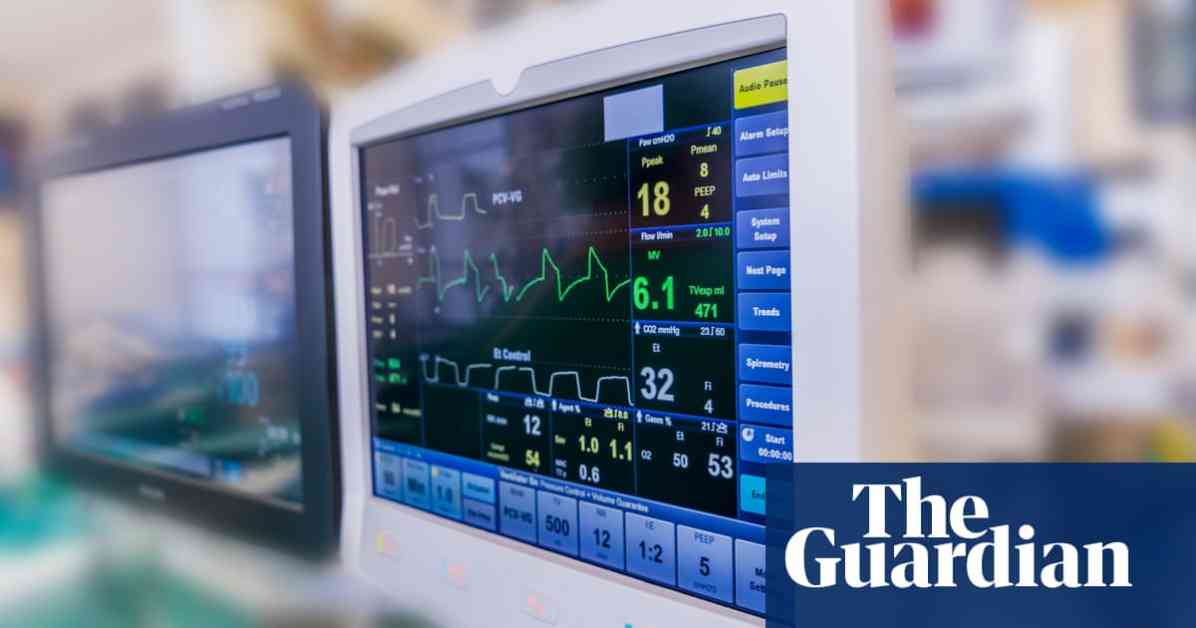The NHS is making waves with a groundbreaking trial involving a game-changing artificial intelligence tool designed to detect patients at risk of developing type 2 diabetes more than ten years in advance. With over 500 million individuals worldwide suffering from type 2 diabetes, the need to identify at-risk individuals before the condition takes hold has become a global health priority. The NHS’s innovative approach aims to revolutionize diabetes prevention through early intervention and lifestyle changes.
Early Detection Saves Lives
Type 2 diabetes is a severe condition that can lead to blindness, kidney failure, heart attacks, strokes, and lower limb amputation. While the disease is often associated with being overweight, inactive, or having a family history of diabetes, not all patients fall into these categories. The development of an AI tool that analyzes electrocardiogram (ECG) readings during routine heart scans has the potential to predict diabetes risk up to 13 years before symptoms appear. By detecting subtle changes imperceptible to the human eye, this technology can alert healthcare professionals to patients on the verge of developing type 2 diabetes.
Trialing the Technology
The NHS plans to launch trials of the AI tool, known as Aire-DM, in 2025 at Imperial College Healthcare NHS Trust and Chelsea and Westminster Hospital NHS Foundation Trust. This initiative marks the first time a healthcare system will implement such cutting-edge technology on a large scale. The minds behind Aire-DM hope that this tool will eventually be adopted across England’s healthcare system and in other countries worldwide within the next few years.
Expert Insights
Dr. Libor Pastika, a clinical research training fellow at Imperial, believes that AI has the potential to revolutionize healthcare by uncovering valuable insights hidden within ECG data. Aire-DM could be a game-changer in identifying the future risk of type 2 diabetes, enabling targeted preventive care that could help individuals avoid the condition and its associated complications. Dr. Fu Siong Ng and Dr. Arunashis Sau at Imperial led the team that developed Aire-DM using a massive dataset of ECGs from hospital records and genetic data from the UK Biobank.
Promising Results
Initial tests of the tool have shown an impressive 70% accuracy rate in predicting diabetes risk across various demographics. When combined with genetic and clinical information like age and blood pressure, the tool’s accuracy further improves, providing a comprehensive picture of an individual’s risk profile. Prof. Bryan Williams of the British Heart Foundation, a key supporter of the project, praises the tool’s potential to revolutionize diabetes prediction, offering an opportunity for early intervention to reduce the risk of developing type 2 diabetes and associated heart complications.
In conclusion, the NHS’s groundbreaking AI trial for type 2 diabetes risk detection represents a significant leap forward in preventive healthcare. By identifying at-risk individuals years before symptoms manifest, this technology has the potential to save lives and reduce the burden of type 2 diabetes on healthcare systems worldwide. Let’s embrace these advancements and work towards a healthier future for all.












